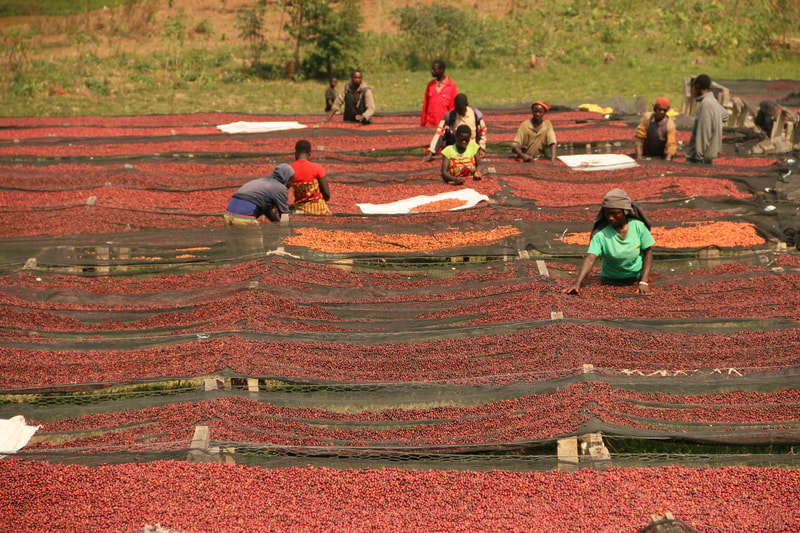BURUNDI GAKENKE NATURAL
General Information
|
Origin: Burundi
Region: Kayanza Commune: Gatara Washing Station: Gakenke Cultivars: 100% Red Bourbon Altitude: 1672 masl Process: Natural Harvest: April - June 2019 Grade: NAT15+ Warehouse: Barcelona, Budapest & Santiago Packaging: 60 Kg w/ GrainPro Score: 87 Notes: Strawberry, winey, cloves, cacao Ikawa profile: http://bit.ly/2M3uMa7 Preparation: Both, Espresso and filter |
|
BURUNDI COFFEE FARMERS SALARY
GAKENKE CWS LOCATION
|
WHERE WE ARE
Barcelona, Spain Santiago, Chile Budapest, Hungary |





